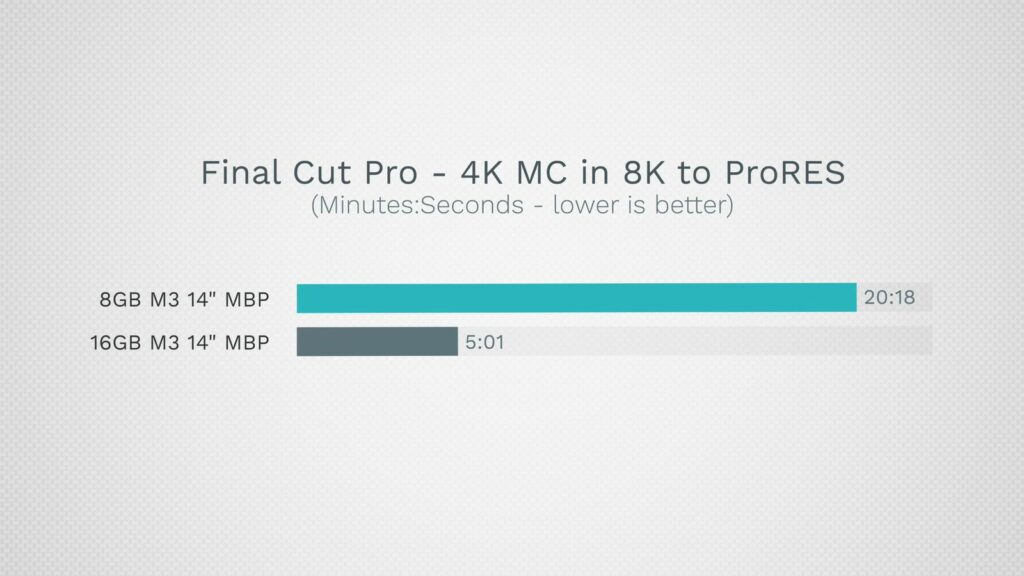All of my opinions are italicized and sources are in blue.
Apple is shocking the world today by adopting the RCS messaging standard for iMessage. When iMessage users are talking to people off the service, iMessage will soon be able to fall back to the RCS carrier messaging standard instead of SMS, which comes with the advantages of read receipts, higher-quality media sending, and typing indicators.
Apple sent several media outlets a statement:
Later next year, we will be adding support for RCS Universal Profile, the standard as currently published by the GSM Association. We believe RCS Universal Profile will offer a better interoperability experience when compared to SMS or MMS. This will work alongside iMessage, which will continue to be the best and most secure messaging experience for Apple users.
iMessage is currently besieged on all sides by various parties. Google has been waging a “get the message” campaign against Apple for the past year or two, imploring the company to adopt RCS. Last year, Apple CEO Tim Cook was asked on stage if the company would make messaging with Android better, and he responded, “I don’t hear our users asking that we put a lot of energy in on that at this point” and told the audience member to “just buy your mom an iPhone” if he wanted easier communication with his mother. Regulators in the European Union have yet to decide the fate of iMessage, but if it meets the qualifications for being a big tech “Gatekeeper,” the iMessage protocol will be forced to open up in the EU. The Wall Street Journal ran an article last year subtitled “Teens Dread the Green Text Bubble,” detailing the bullying that Android users were subject to due to SMS fallback dragging down the capabilities of iMessage group chats (87 percent of US teenagers have iPhones).
Adding status indicators and better media to SMS will certainly be welcome, but just like SMS before it, RCS will still be the worst-available way to send messages back and forth compared to all the full-featured chat apps out there. RCS is still a service that’s locked to your carrier number, so at the very least, it will be universally available now, just like SMS.
Google has a few extensions on top of RCS that add important features like encryption, but that’s not part of the GSMA standard. Apple’s statement carefully announcing support for “the standard as currently published by the GSM Association” seems specifically crafted to exclude all the fancy Google extras.
Nothing Chat will be powered by Sunbird, an app developer that has claimed to be able to send iMessage chats for about a year now, with no public launch. According to a Washington Post article with quotes from the CEOs of Nothing and Sunbird, Nothing will “start” rolling out “an early version” of Nothing Chats with iMessage compatibility on Friday. The only catch, supposedly, is that you’ll need a Nothing Phone 2.
Sunbird has claimed to be able to send iMessages on Android for a long time, has missed its deadline for launch, and generally doesn’t come off as a serious company. The company announced itself to the world with the promise of iMessage on Android during a press briefing in December 2022. They didn’t answer any questions.
How does Sunbird work? Why should people trust Sunbird with their ultra-important Apple account credentials, which contain some people’s entire online lives and, in some cases, a literal bank account? How are these credentials secured? Are they stored on Sunbird’s servers somewhere? Doesn’t hacking into iMessage with a third-party client violate Apple’s terms of service, possibly leading to an account ban? Won’t Apple just shut this down the instant you launch? These are all critical and obvious questions that were asked at the meeting and they all went unanswered. Instead, the Sunbird people focused on how great it would be if the whole world could hold hands and share access to blue-colored chat bubbles. It wasn’t just ridiculous—the company completely failed to convince a skeptical listener that it was for real or acknowledge that there was any skepticism to overcome.
The Nothing Chats FAQ at least manages to ask the all-important question of where your Apple ID lives but then quickly changes the subject to messages: “Are any of my messages or Apple ID credentials stored?” “No, Nothing is powered by Sunbird, and Sunbird’s architecture provides a system to deliver a message from one user to another without ever storing it at any point in its journey. Messages are not stored on Sunbird’s servers and are only live on your device—once a message is delivered, it can only be recovered locally from your personal device.”
We also figured out how Nothing Chats will work. Based on Nothing’s statement to MKBHD, you are signing into a Mac Mini in some datacenter and that Mac does the routing. Even though Nothing is a more respectable company than Sunbird is, you are still signing in to a computer that you can not access. This is a huge security flaw, even though the messages are still encrypted.
Despite this, some people will be willing to take the risk just to make their messages blue for their iPhone friends. Since Apple announced RCS support a few days after Nothing Chats was announced, the only advantage is the blue bubbles. RCS will support most of the features that iMessage supports, but it also has some security flaws because it is not encrypted by default. More information about RCS in the article above.
This change is coming from the Digital Markets Act (DMA). This law identifies certain companies as “gatekeepers,” of which Apple and Google are some examples. These gatekeepers need to open up their services to other companies’ services to prevent stifling competitors from establishing themselves in the market. This means that, eventually, Apple is going to need to allow iPhone sideloading, or the installation of apps from outside the Apple App Store.
To be clear, the DMA is an EU-only law. This means Apple is under no obligation to follow DMA rules in any other territory, including the United States. It is possible Apple will geo-lock iPhone sideloading to EU areas. Because Apple has such tight control over the iPhone ecosystem, it could feasibly enforce such a policy.
As reported by Mac Rumors,
Apple’s new MacBook Pro models are powered by cutting-edge M3 Apple silicon, but the base configuration 14-inch model starting at $1,599 comes with just 8GB of working memory. In 2012, Apple launched the first MacBook Pro with Retina display, which also started with 8GB of RAM. Of course, Apple now uses integrated chips with unified memory architecture, which is why the company feels confident in arguing that 8GB on a Mac is comparable to 16GB on rival systems.
But not everyone is convinced. Apple’s decision not to equip base models with at least 16GB of RAM in late 2023 has proved incongruous to many users, including Vadim Yuryev, co-host of the YouTube channel Max Tech. Yuryev decided to perform several real-world tests on two 14-inch M3 MacBook Pro models, one with 8GB and the other upgraded to 16GB of unified memory. The embedded video above has all the results.
Perhaps unsurprisingly, Yuryev saw significant performance improvements across the board using the 16GB machine under both middling and heavier workloads. The 8GB model suffered double-digit losses in Cinebench benchmarks, and took several minutes longer to complete photo-merging jobs in Photoshop as well as media exports in Final Cut and Adobe Lightroom Classic.
As expected, the performance gap between the two machines widened further as the 8GB increasingly relied on its SSD swap file, while all-round responsiveness took a hit. Yuryev even reported crashes on the 8GB model during Blender rendering and a Final Cut export.

Notably, Blender’s raytracing acceleration was available as an option on the 16GB models, but was conspicuously absent on the 8GB MacBook Pro for an identical rendering job, suggesting the reduced memory pool actually prevents the GPU cores from utilizing certain features.
As reported by The Verge,
Meta just laid out its position in the fight over controlling what kids see online, and it, unsurprisingly, doesn’t want to play the central role. In a blog post published on Wednesday, Meta’s global head of safety Antigone Davis argues app stores should implement age controls and parental consent requirements for social media — not Meta.
The reason for that, according to Davis, is because the age verification methods proposed by lawmakers across the US vary from state to state, creating an inconsistent experience across social media platforms. To solve this, Meta says parents should instead approve the apps that their teens download directly from the Google Play Store or Apple App Store.
“With this solution, when a teen wants to download an app, app stores would be required to notify their parents, much like when parents are notified if their teen attempts to make a purchase,” Davis writes. “Parents can decide if they want to approve the download. They can also verify the age of their teen when setting up their phone, negating the need for everyone to verify their age multiple times across multiple apps.”
Meta says the company supports federal legislation requiring teens under 16 to get parental consent when downloading apps. That means the app store would be the one to ask for parents’ permission, while Meta would hold up its end of the bargain by offering “age-appropriate features and settings” that parents can help their children use.

